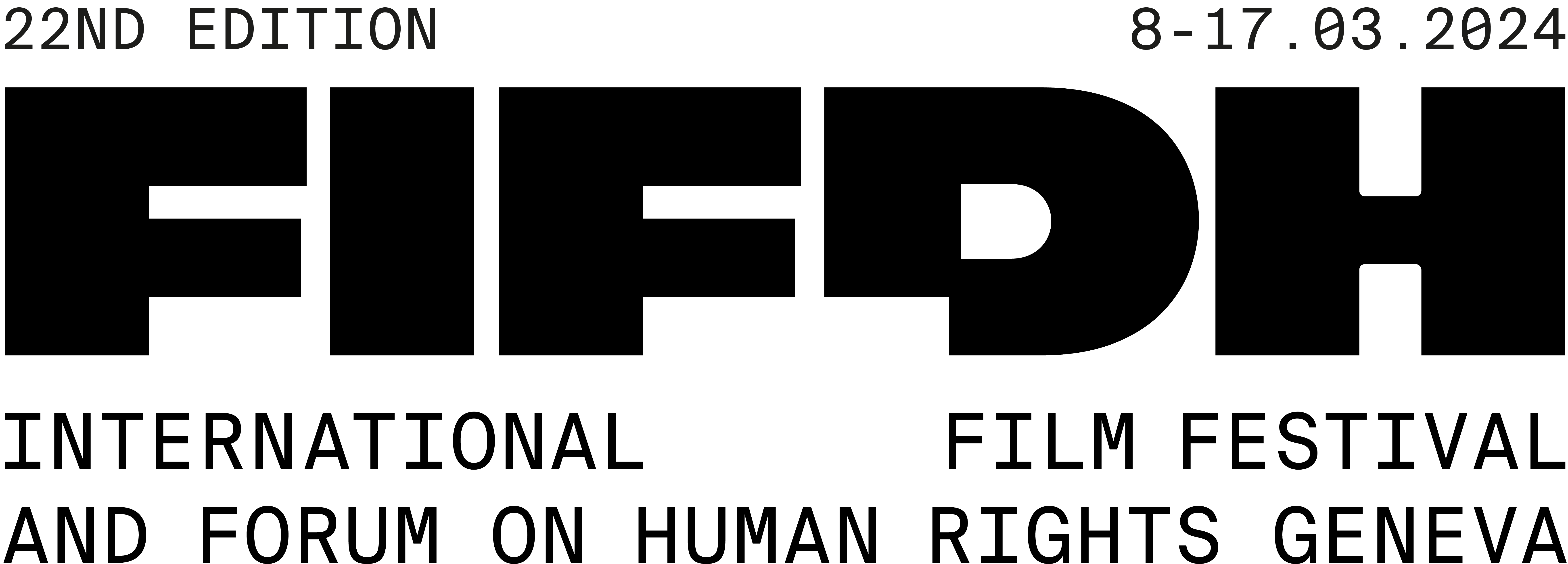Archives - Program 2020
About Nuestras Madres: exhuming political violence

The traces of mass crimes never completely disappear. They defy time, denial and oblivion. In judicial or extra-judicial proceedings, by professionals or by families, human remains are searched for, exhumed and if possible identified. Beyond allowing people to grieve their loved ones, working on these bodies helps shed light on the criminals' modus operandi and provide clues that could be used, for example, to prove genocidal intent. This quest mobilizes the relationship between the living and the dead, and raises a number of questions, which are addressed here on the basis of Cesar Díaz's film Nuestras Madres, awarded at the last Cannes Film Festival.
Thursday 12 March
18:30
Espace Pitoëff - Théâtre
Co-presented with the Law Faculty of the University of Geneva (UNIGE), in the framework of the Trilogy "Exhuming political violence" organized by Sévane Garibian, the International Solidarity Service of the State of Geneva (SSI) and Peace Brigades Interna
Introduction
Maria-Jesus Alonso Lormand Head of the International Solidarity Service of the State of Geneva (SSI)
Speakers
Corsin Blumenthal Program officer dealing with the past, swisspeace
César Díaz Filmmaker (skype)
Tony Fracasso Head of the Forensic medicine unit, University center of legal medicine, Lausanne-Geneva
Moderated by
Sévane Garibian FNS Professor, Faculty of Law, UNIGE
This debat is preceded by the movie:
Our Mothers
By César Diaz

Guatemala, 2018. As the country lives through the transitional justice trials, Ernesto, a young forensic anthropologist, believes he has found the trail of his father who disappeared during the war and whom he has never known. He plunges headlong in search of the truth, at the risk of unearthing ghosts of times past. In this debut film, awarded at the Cannes Film Festival, César Díaz immerses us in a powerful and masterful work dedicated to "our mothers", those women who have always refused to remain silent. A great filmmaker is born.
Cinema release 15 April 2020
Section Competition - Fiction
- Director(s)
- César Diaz
- Writer(s)
- César Díaz
Distributor
- trigon-film
Production
- need production
- Perspective Films
Cinematographer
- Virginie Surdej
Music
- Rémi Boubal
Sound
- Vincent Nouaille
- Gilles Bernardeau
- Emmanuel De Boissieu
Editor
- Damien Maestraggi
- Duration
- 78'
- Production country
- Armenia & Portugal
- Status
- Swiss Premiere









